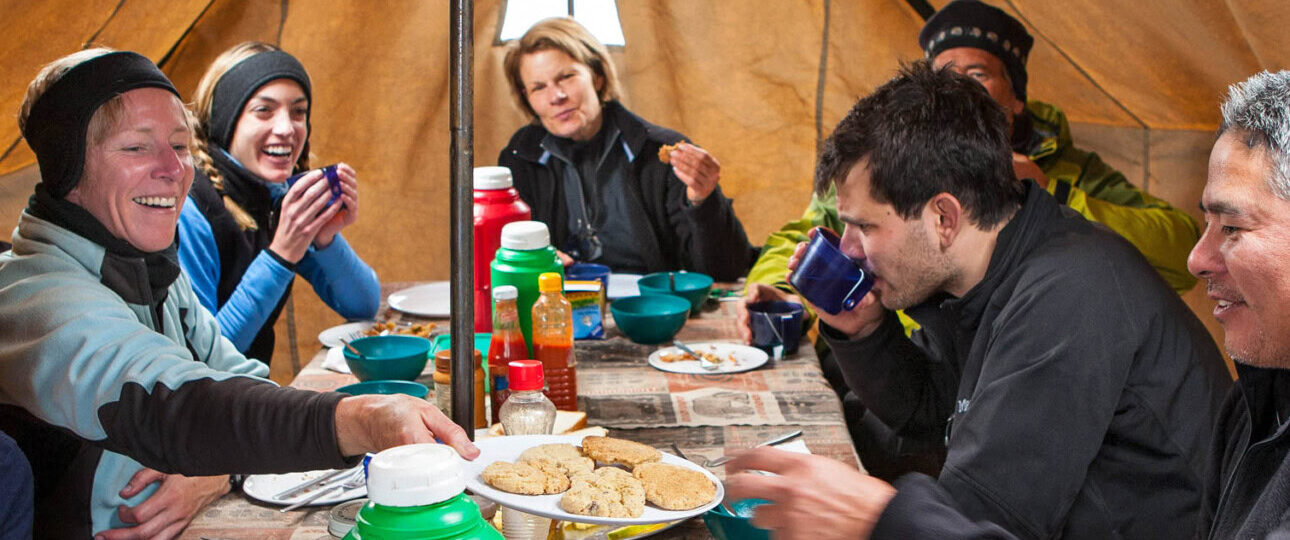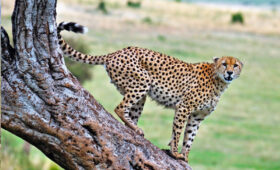What to Eat on Kilimanjaro: Meals on the Mountain
Fueling your body properly is crucial for a successful Kilimanjaro climb. With long hiking days, cold temperatures, and high altitude, your body will burn significantly more calories than usual. That’s why eating well, and eating enough, is just as important as your gear and training.
Here’s what to expect when it comes to meals on the mountain with Mandari Travel.
What Meals Are Provided on Kilimanjaro?
At Mandari Travel, we provide three hot, nutritious meals per day, plus snacks and hot drinks throughout your climb:
Breakfast
A hearty breakfast to kickstart your day may include:
- Porridge (oats or millet)
- Eggs (boiled, fried, or omelets)
- Toast, pancakes, or chapati
- Fresh fruit (bananas, oranges, apples)
- Tea, coffee, hot chocolate
Lunch
Depending on the day’s route, lunch can be served hot at camp or packed for eating on the trail:
- Sandwiches or wraps
- Fried rice or pasta
- Boiled eggs, grilled chicken
- Fruit and juice
- Biscuits or granola bars
Dinner
Dinner is your main refueling meal and always served hot:
- Soup (pumpkin, lentil, tomato)
- Stews with chicken, beef, or beans
- Rice, potatoes, or pasta
- Vegetables (cabbage, spinach, carrots)
- Fresh fruit for dessert
Snacks on the Trail
You’ll need quick energy on long hiking days. Bring your own high-energy snacks to supplement meals:
- Trail mix, nuts, dried fruit
- Energy bars or granola bars
- Electrolyte tablets or hydration powders
- Hard candies or glucose sweets
Special Dietary Needs? No Problem
Vegetarian? Vegan? Gluten-free? Halal?
We’ve got you covered.
Mandari Travel caters to all dietary preferences and restrictions. Just let us know in advance, and our mountain chef will prepare safe, tasty meals to suit your needs.
Hydration is Critical
At high altitude, staying hydrated is just as important as eating well. We provide:
- Boiled and filtered drinking water daily
- Hot drinks at breakfast, lunch, and dinner
- Rehydration salts available if needed
Aim to drink 3–4 liters of water daily, and add electrolytes for better absorption.
Tips for Eating at Altitude
- Eat even if you’re not hungry — altitude can suppress appetite, but your body still needs fuel
- Carbs are key — they’re easier to digest and give fast energy
- Avoid alcohol and caffeine in excess — they can dehydrate you and impact sleep
- Bring comfort snacks you enjoy — they can be a morale booster at camp
Climb Strong with Mandari Travel
Our experienced mountain chefs understand exactly what climbers need to perform at altitude. With balanced, flavorful meals and attention to hygiene and nutrition, we make sure you’re well-fed from base to summit.
Have Questions or Dietary Requirements?
Reach out and we’ll help you prepare for a safe and satisfying climb!
Email: info@mandaritravel.com
Call/WhatsApp: +255 750 900 811
Request a Quote
Want to include meals, accommodations, gear, and more in a custom package? Fill out the form below for your tailored Kilimanjaro quote.




